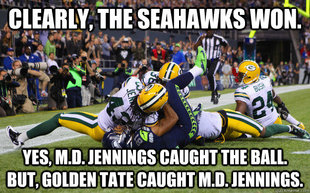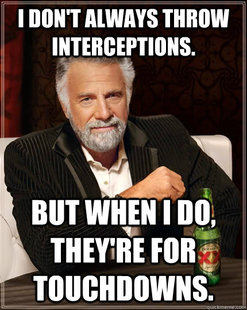The argument against taxing the rich is flawed. Yes, in theory it would be beneficial to the economy if they ponied up 35% of their wages to the IRS. However, the wealthy do not simply have an income. They do not have one number that can be pointed to objectively as taxable income. The fact is, their wealth is distributed across a multitude of investments all over the world. The majority of it is probably here in the United States, but even then it's impossible to keep track of.
It goes like this. A man with a million dollars owns a small business. He can harbor the money in the small business; he can harbor the money in many small businesses. These businesses don't necessarily have to be money laundering joints either. But with this business, the man can now report less and less income. Essentially he chooses his own "wage". And it follows that the lower wages he reports, the lower taxes he pays.
So what happens when the rich are taxed more? Do they finally fork over that money to the IRS? No. They pass the burden of the hire taxes on to other people by imposing higher prices, stagnating salaries, or not hiring more people. Companies and people behave to maximize their utility. Period. If their utility is increased by being philanthropic, they will go ahead and do that, but not because the government imposes taxes on them. James, an avid reader, says, "The government thinks that they can take earnings from investors or companies and redistribute that wealth in other areas of the economy to stimulate economic growth more efficiently and faster than that investor or business can reinvest their own capital to contribute to economic growth through their own business."
My point is people throw around the notion that taxing the rich will generate more revenue for the country, but they also don't have a concrete plan to execute. "Close all the loopholes", they say. While I agree there needs to be regulations put in place so that there can't be huge tax write-offs on "gift ponies", loopholes or other means to divert money will exist.
Solution? A national sales tax that is closely monitored on the suppliers' side for all goods and services, except for food. You're able to buy a lot of clothes, yachts and electronics? Well that 40% sales tax sure does pave nice roads. The rich people might start importing their goods from overseas, but even then they would be creating jobs for the increased number of warehouse employees.
I believe it would be ideal to live in complete anarchy, if everyone was rational and didn't infringe on the rights of others. But one can dream.
-Mi
My point is people throw around the notion that taxing the rich will generate more revenue for the country, but they also don't have a concrete plan to execute. "Close all the loopholes", they say. While I agree there needs to be regulations put in place so that there can't be huge tax write-offs on "gift ponies", loopholes or other means to divert money will exist.
Solution? A national sales tax that is closely monitored on the suppliers' side for all goods and services, except for food. You're able to buy a lot of clothes, yachts and electronics? Well that 40% sales tax sure does pave nice roads. The rich people might start importing their goods from overseas, but even then they would be creating jobs for the increased number of warehouse employees.
I believe it would be ideal to live in complete anarchy, if everyone was rational and didn't infringe on the rights of others. But one can dream.
-Mi


